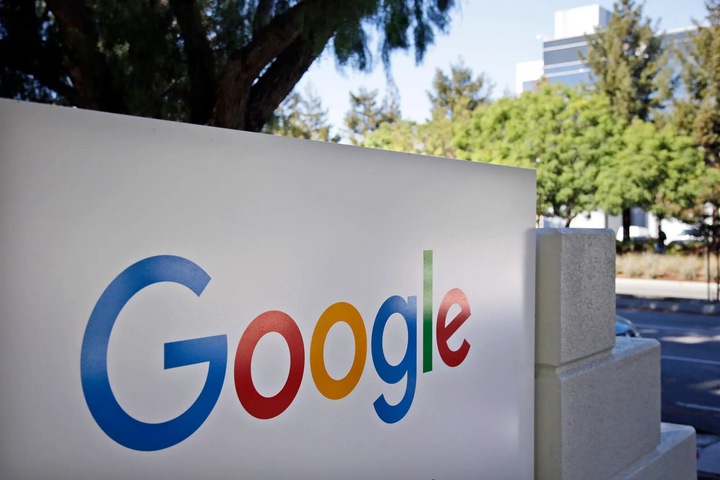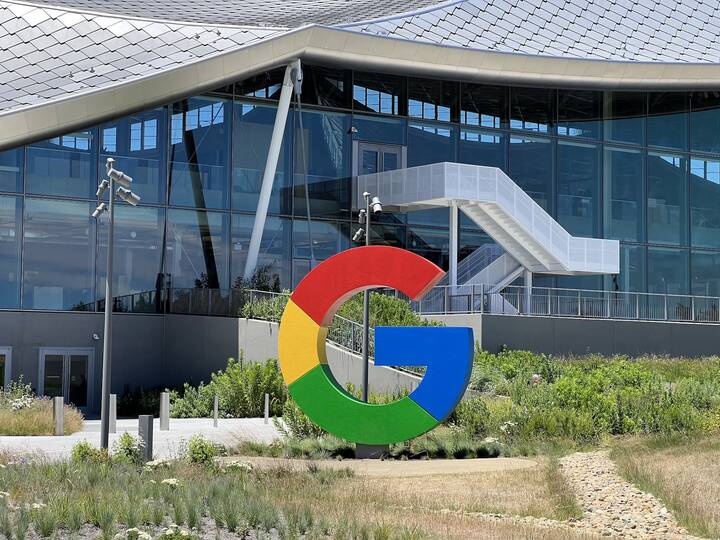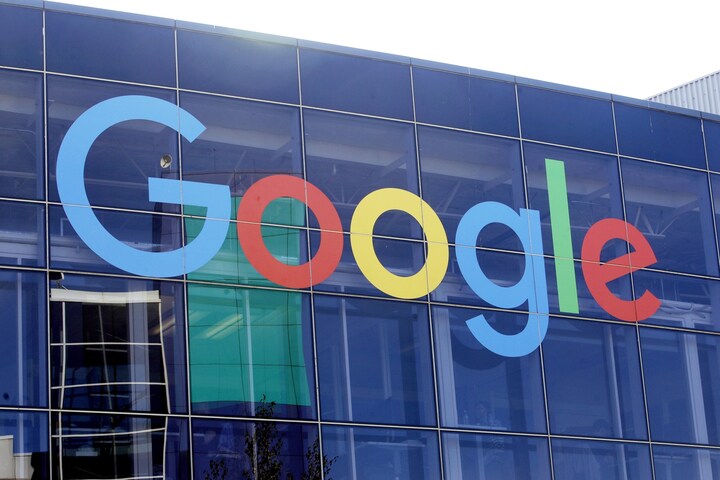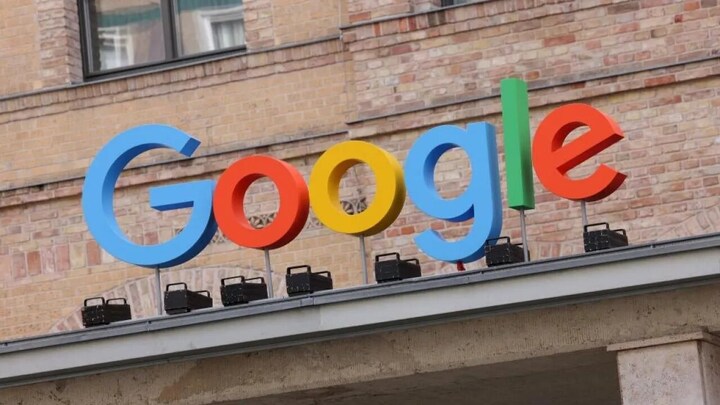DOJ poised to sue Google over digital ad market dominance
According to Bloomberg News, the US Justice Department is preparing to file a lawsuit against Alphabet Inc’s Google as shortly as Tuesday above its dominant position in the market for digital advertising referencing individuals with knowledge of the situation.
The dispute would be Google’s second federal antitrust complaint, accusing antitrust infringements in the way the technology giant obtains or retains its dominant position. The Justice Department’s 2020 civil suit against Google emphasizes its browse monopolization and is set to proceed to a sentencing hearing in September.

The Justice Department didn’t respond instantly to a request for information from Reuters, and Google turned down to address the report.
“The lawsuit we have filed today seeks to hold Google to account for what we allege is its longstanding monopolies in digital advertising technologies that content creators use to sell ads and advertisers use to buy ads on the open Internet,” said the Justice Department’s antitrust chief Jonathan Kanter in a news conference Tuesday announcing the suit.
Source: bloomberglaw.com
Also Read: Netflix founder Reed Hastings stepping down as co-CEO
The lawsuit is predicted to target Google’s ad business, which accounts for roughly 80 percent of its earnings. Google generates revenue from its interrelated ad technology firms, which link up advertisers to publications, websites, as well as other businesses looking to broadcast them, furthermore adding its well-known free search.
Advertising agencies as well as website publishers have voiced concerns that Google has not been forthcoming about where advertising dollars are spent, particularly how much ends up going to publishing companies and what is the amount that goes to Google.
Also Read: Google Parent Alphabet cuts 12000 Jobs
The tech behemoth made several takeovers, such as DoubleClick in 2008 as well as AdMob in 2009, to help position itself as a dominant player in online ads.
The search engine giant previously claimed that the advertising tech ecosystem battled with Facebook Inc, Comcast, AT&T, and others.
When Google stays by far the industry leader, its proportion of digital ad revenue in the United States has already been diminishing, dropping from 36.7 percent in 2016 to 28.8 percent last year, as per Insider Intelligence.
Google said in a blog post that the lawsuit “attempts to pick winners and losers in the highly competitive advertising technology sector. The case largely duplicates an unfounded lawsuit by the Texas Attorney General, much of which was recently dismissed by a federal court. DOJ is doubling down on a flawed argument that would slow innovation, raise advertising fees, and make it harder for thousands of small businesses and publishers to grow.”
Source: bloomberglaw.com

I am a student pursuing my bachelor’s in information technology. I have a interest in writing so, I am working a freelance content writer because I enjoy writing. I also write poetries. I believe in the quote by anne frank “paper has more patience than person





